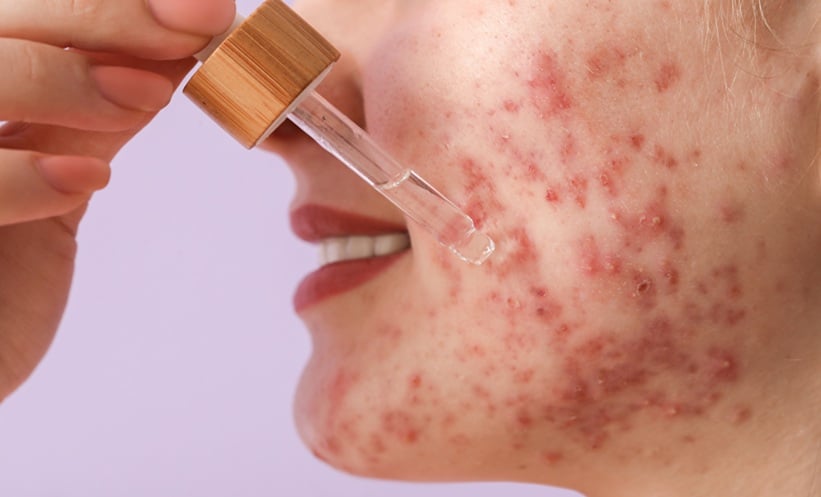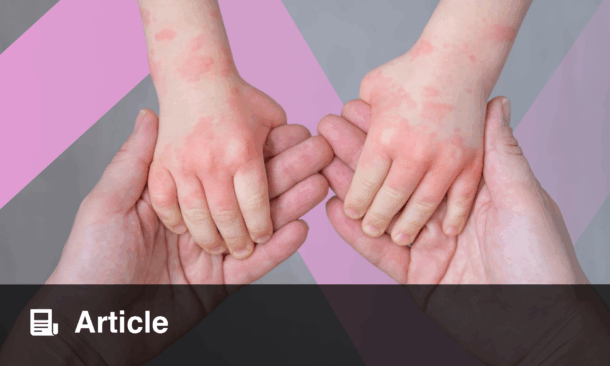ACNE vulgaris (AV) is a widespread dermatological condition, affecting around 9.4% of the global population, including adults, adolescents, and preadolescents aged nine years or older. It arises from a combination of excessive sebum production, follicular hyperkeratinisation, microbial overgrowth, and inflammation. Beyond its physical symptoms, acne can significantly impact mental wellbeing, with higher rates of anxiety, depression, and suicidal thoughts reported among sufferers. Effective treatments remain a challenge, particularly for those with sensitive or easily irritated skin.
Salicylic acid, a beta-hydroxy acid, is well known in acne management for its ability to penetrate oily pores, remove keratinised debris, and reduce comedones. It also has mild anti-inflammatory properties, making it effective for both inflammatory and non-inflammatory acne. However, some formulations can cause dryness or irritation, especially in individuals with compromised skin barrier function, a common issue in acne-prone skin that leads to increased trans-epidermal water loss (TEWL) and heightened sensitivity.
A recent study evaluated a novel 2% salicylic acid gel enriched with hydrating and soothing agents, aiming to balance acne treatment with skin barrier repair. Over 21 days, the gel achieved a progressive 23.65% reduction in sebum levels, with improvements visible as early as Day 2. Hydration rose by 58.23% immediately after application and remained 40.5% higher by Day 21, addressing a key shortcoming of many conventional treatments.
Skin barrier function also improved significantly, with TEWL reduced by 49.26% within six hours post-application. Acne severity scores dropped steadily, by 23.81% by Day 21, with both inflammatory and non-inflammatory lesions improving.
User satisfaction was high: all participants reported satisfaction after three weeks, 95% noted oil control, and 92% observed visible acne improvement. Side effects were minimal, with only mild, transient itching in a small minority.
These findings support the potential of barrier-supportive salicylic acid formulations as effective, well-tolerated options for mild-to-moderate acne, especially for sensitive skin. Longer-term studies are needed to assess sustained benefits, but this gel shows promise as a daily-use treatment that tackles acne while protecting skin health.
Reference
Liu Y et al. Clinical efficacy of a salicylic acid-containing gel on acne management and skin barrier function: a 21-day prospective study. J Cosmet Dermatol. 2025;24(7):e70353.








